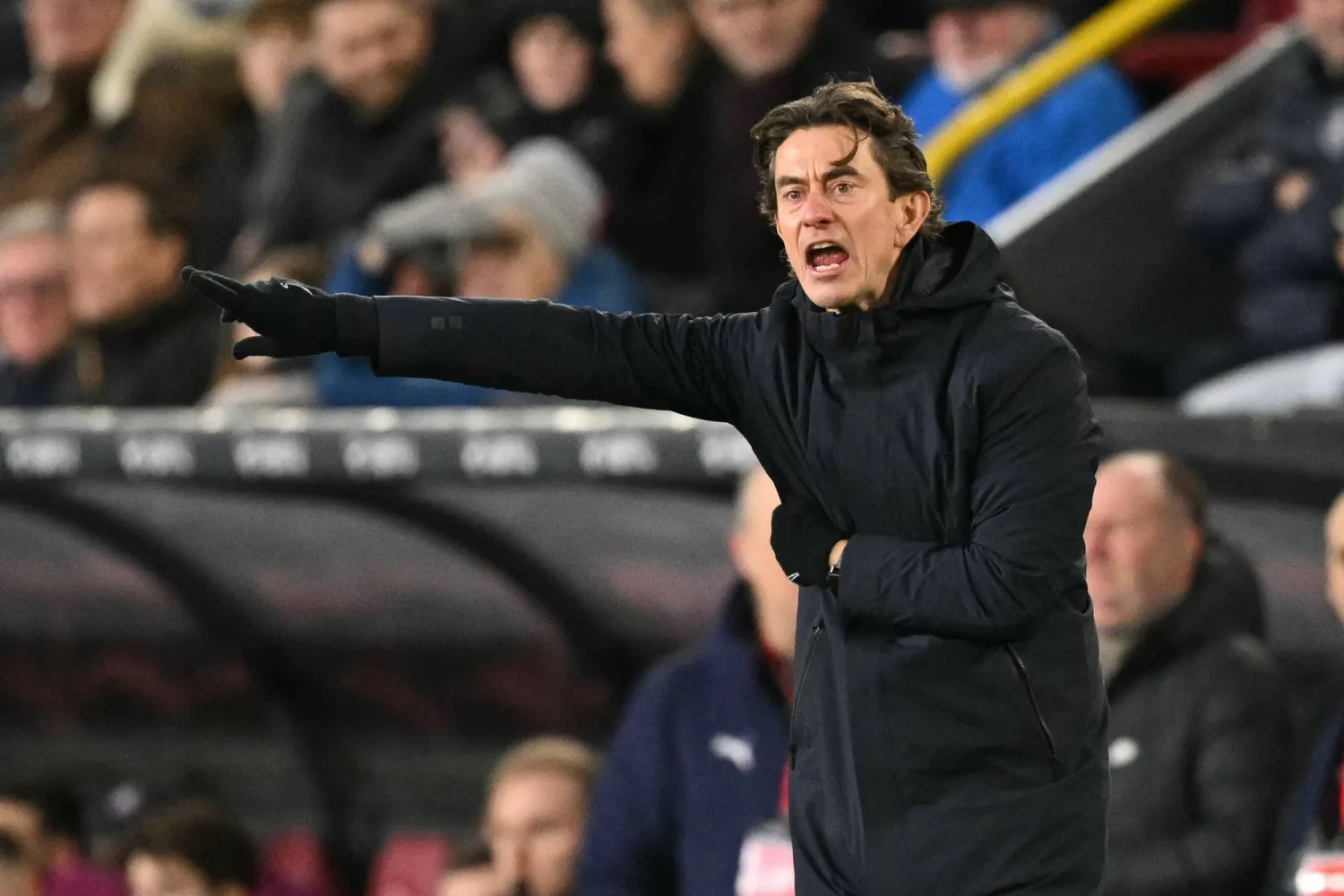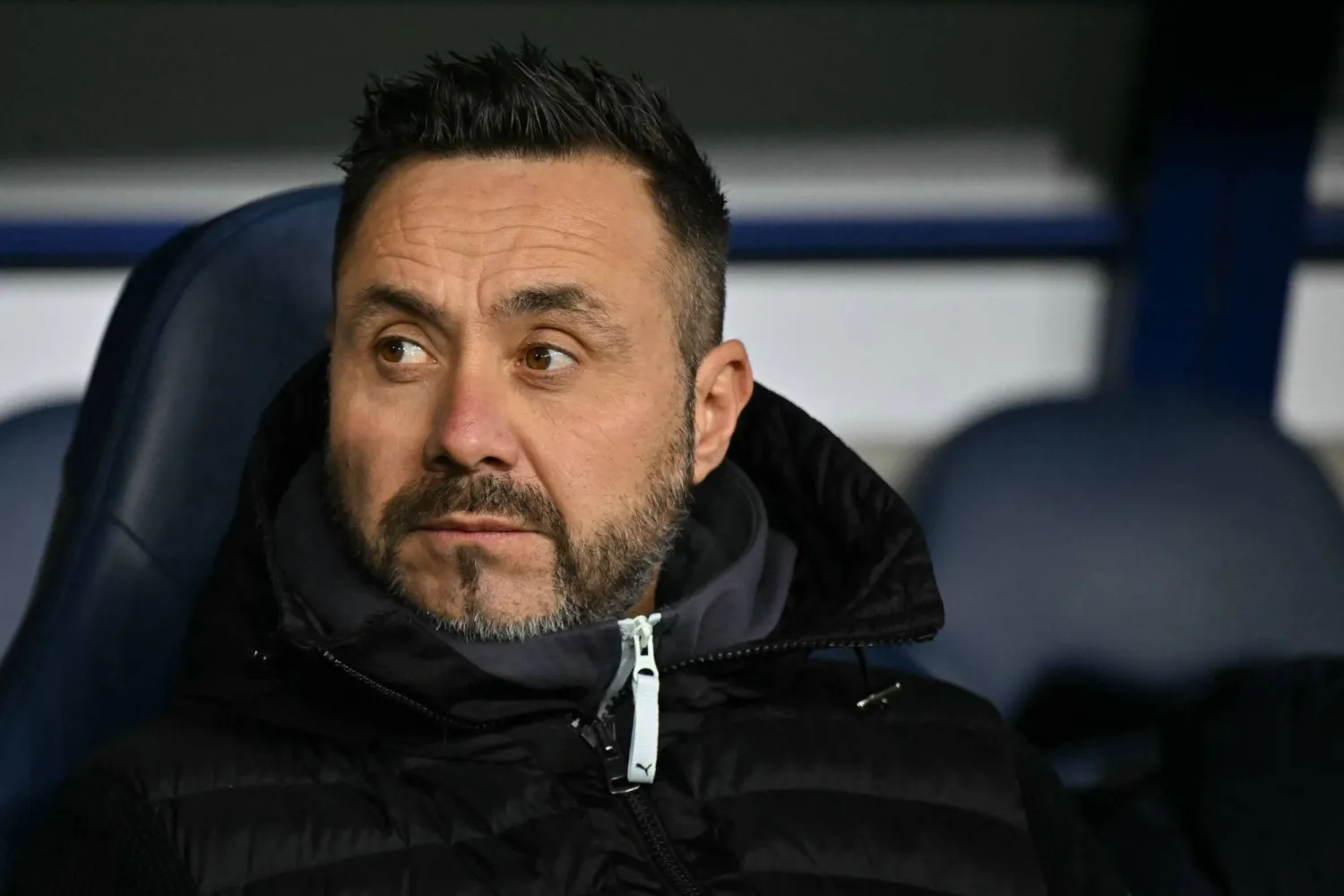After Odion Ighalo’s unexpected loan move at the end of January and his coronavirus-related quarantine, at Stamford Bridge on Monday he is expected to become the first Nigerian to play for Manchester United. As the unexpected solution to a famous club’s striker shortage, he will be the subject of wild attention and swift judgment, a situation a world away from the one he faced when he first moved to Europe in 2007 and became the latest in an only occasionally glorious line of compatriots attempting to forge a reputation at the Norwegian club Lyn.
The star graduate, Mikel John Obi, had joined Chelsea the previous year, and the speedy striker Chinedu Obasi had left for Hoffenheim just before Ighalo’s arrival, which followed unsuccessful trials at Sporting and Hertha Berlin, with the forward Ezekiel Bala and the midfielder Paul Obiefule already in the squad. Coaches at the club were used to evaluating young players as they took their first steps in European football, and the prevailing opinion of Ighalo was that he was likely to achieve only moderate success.
“He didn’t have any special skills,” says Rolf-Magne Walstad, who was in charge of the club’s academy at the time. “We’d had Mikel and Obasi, and they had some extreme physical capacities – the strength of John Obi, the speed of Chinedu, was unusual. We could see they would get to a higher level but with Odion, I cannot say I thought he would go on to score 15 goals in a Premier League season as he did for Watford.”
Lyn’s then manager, the former United defender Henning Berg, was not convinced Ighalo contributed enough to the team, especially defensively, and despite a decent scoring record he was never a regular starter. “As a young player he was mature when it came to movement in the box,” Walstad says. “He looked much more experienced than a usual 18 year old when it comes to finding the right spaces, behind a defence and between lines. He was so calm in front of goal, never nervous. When he left I was quite confident that he would be able to score goals at the highest level he could play. That he would be top scorer at the Africa Cup of Nations and a high scorer in the Premier League is a surprise.”
Somehow, word of this callow but clinical young striker spread and he had started only five of Lyn’s 14 league games of 2008 when he was brought to Udinese by Gino Pozzo, now owner of Watford. But in Udine the Italy internationals Antonio di Natale and Fabio Quagliarella were first-choice forwards and several other promising youngsters, including a 19-year-old Alexis Sánchez, were also fighting for game time, limiting Ighalo to one start and one goal in his one season. He next moved to Granada, another team then under the control of the Pozzo family but languishing at the time in Spain’s third tier.
Propelled by Ighalo’s goals they were promoted in his first season and again in his second, returning to the top flight after 35 years. The club’s local paper, Granada Hoy, has described him as “the club’s most important player in the last 40 years”.
From there he moved to Watford, where his reputation flourished over an explosive 12 months that straddled promotion from the Championship and a first campaign back in the Premier League. Between 28 December 2014 and the same date the following year he scored 31 league goals.
“Maybe the Premier League suits my style more than the other leagues I have played in and so I have scored more goals,” he says. “It is very physical and very tough, and I know I am a physical player. I also have good technique and pace, so if you add those things together as a striker you’re going to do well here.”
He could not, however, sustain it and there were only three goals in the 13 months from the end of 2015 until his move to China. He has scored consistently since, though in a lesser league.
Ighalo is tall and quite fast, can beat defenders one on one with his favourite move, the so-called “Ighalo scoop”, and finish well with head or feet.
At Watford he excelled in partnership with Troy Deeney, showing that old knack for timing runs into space behind defences and so turning the Englishman’s flicks and passes into goals, but he has been prolific in China as a sole striker. He has had barren spells, and he got hate mail after playing poorly for his country at the 2018 World Cup, but he also brings more to a team than goals, captaining Nigeria at the 2009 Under-20 World Cup and Changchun Yatai in China.
“He was always willing to do extra work, not only what the team was doing,” Walstad says. “I think it’s a good story and it proves that players that maybe don’t have the X-factor can have other things that are much more difficult to find in my experience. He’s someone other kids can look up to, who proves if you’re humble, if you work hard enough, you can get there.”
As the player himself puts it: “My motto is work hard and pray. Be humble and always ready to learn. And no matter what you have achieved, don’t get carried away and still believe you are learning.”
Apparently when his mother was told her son had completed his move to Manchester, she wept with joy. For Ighalo, a United fan since childhood, the next few months will be the pinnacle of his career. “We want players here who want to give everything they’ve got,” said Ole Gunnar Solskjær of his signing, and that surely much can be guaranteed. Ighalo’s journey started in Ajegunle, a rough slum area of Lagos, and will end with retirement to the palatial house he recently built in Lekki, one of the city’s more exclusive suburbs, which literally has the words “Ighalo Residence” written on the side in foot-high gold letters, near the swimming pool and five-a-side pitch.
Across town in Ijegun there is another building with his name on it, the orphanage he funded and opened in 2017. Having long since achieved financial security, Ighalo has nothing more to chase except dreams.
The Guardian Sport









